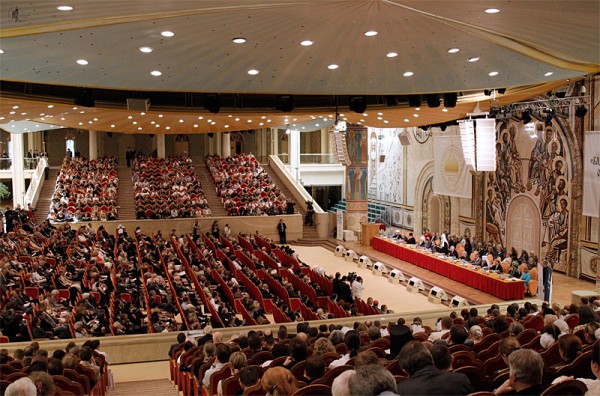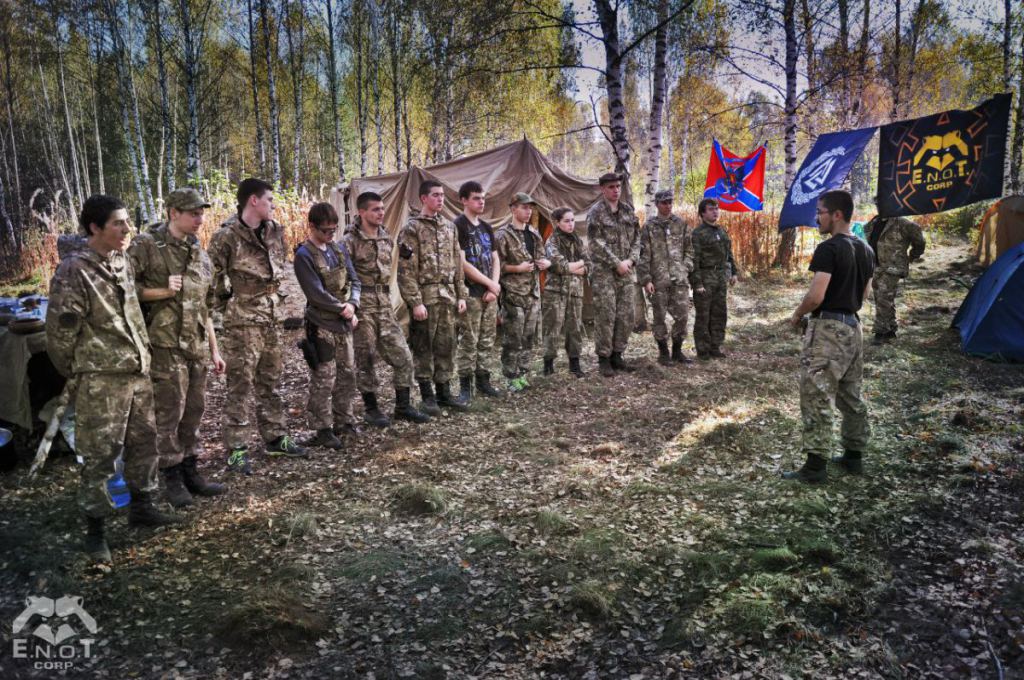Nov. 12. Pravmir. The 18th Global Russian National Assembly dedicated to the topic Unity of History, Unity of the People, Unity of Russia, passed the Declaration of Russian Identity on November 11, 2014. Here is the text of the document.
The Aftermath of War#4: Stories that need to be told
The war in Ukraine. “Little green men” (aka unmarked Russian soldiers) entered the Crimean peninsula at the end…





